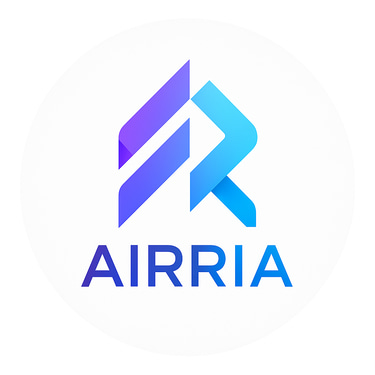Bonus Section: What if the baby is born outside Germany?
PERSONAL
7/9/20253 min read


🔄 Bonus Section: What if the baby is born outside Germany?
Sometimes life doesn’t go by the Mutterpass. Whether due to family ties, cultural preferences, or temporary relocation, many parents choose to give birth abroad—especially in India, Turkey, the U.S., or other non-EU countries. So what happens when you give birth elsewhere, but plan to return to live and work in Germany with your baby?
Here’s what changes, what stays the same, and what you must do to stay in good standing with German law and benefits.
✈️ 1. You must report the foreign birth to Germany
Once the baby is born abroad, you are legally required to:
Register the birth in the country of birth according to local laws, and
Apply for a German birth certificate ("Geburtsanzeige aus dem Ausland") through your local German consulate or embassy.
This is not automatic. You'll need:
An international or translated version of the local birth certificate
The parents’ passports and residence permits
Proof of parentage (marriage certificate or paternity acknowledgement)
Often apostille/legalization of the local document
Search for "German birth certificate after birth abroad site:germany.info" or visit the Auswärtiges Amt – Birth Abroad page in English.
Pro tip: Getting a German passport or ID for the child is much easier if at least one parent holds German or EU citizenship. If both are foreign nationals, your child will inherit your nationality first.
📋 2. Kindergeld and Elterngeld eligibility depend on your residency
The good news? You're still entitled to Elterngeld and Kindergeld as long as you and the child live in Germany—regardless of where the baby was born.
But there are conditions:
You must be living and working in Germany with your registered address (Meldebescheinigung)
The child must also be registered at the same German address
You need to file for residency for the child (if the child is a non-EU citizen) at your local Ausländerbehörde within 90 days of entering Germany
Once you're both registered, you can apply for:
Kindergeld at the Familienkasse
Elterngeld at your local Elterngeldstelle
Important: Elterngeld is not retroactive beyond the last 3 months. So if you wait too long after moving back, you might miss out on months of benefits. File as soon as you and the baby are registered in Germany.
🏥 3. You must add the baby to your German health insurance
If you gave birth abroad, you likely used foreign healthcare. Once you're back:
Contact your statutory or private health insurer and request to add your baby to your policy
Submit the translated birth certificate and proof of residency
If privately insured, check if your plan covers pediatric care or vaccinations started abroad
In most cases, adding your child is straightforward if the parents were already insured in Germany prior to birth.
🧾 4. Declare the foreign birth for tax and family benefits
You will also need to:
Declare the child on your annual tax return (important for claiming child tax benefits)
Inform your local Standesamt (for long-term documentation like school enrollment)
In some cases, apply for dual nationality or naturalization if your child holds another citizenship
Use Handbook Germany or Make it in Germany for step-by-step help in English.
✅ What stays the same when you return?
Despite giving birth outside Germany, once you return with your child:
You’re still covered by Mutterschutz and job protection if you’re employed
You can still apply for parental leave (Elternzeit)
You can sign up for Kita vouchers, public daycare, and schooling like any other family
You can still benefit from Rückbildung classes (postnatal recovery), midwife consultations, and pediatric U-checks (though some catch-ups may be needed)
🚫 What’s not covered
Costs incurred abroad (such as hospital stays or midwives) are generally not reimbursed by German statutory insurance unless you arranged coverage through a European Health Insurance Card (EHIC) or private travel insurance
Birth abroad is not eligible for German parental leave pay unless you return and fulfill residency conditions
If your child was born outside the EU and has non-EU citizenship, they must have a residence permit (Aufenthaltstitel) to legally remain in Germany
Final thought: Prepare the paperwork early
If you’re even considering giving birth outside Germany, contact your Krankenkasse, HR department, and the nearest German embassy in the destination country well in advance. A little planning saves a lot of paperwork headaches later.
💬 Returning to Germany with your baby is not only possible—it’s very common. With timely registration, translated documents, and clear communication, your child will have full access to Germany’s healthcare, education, and social support systems.

Explore
Join us on our journey to monetize content.
© 2025. All rights reserved.
